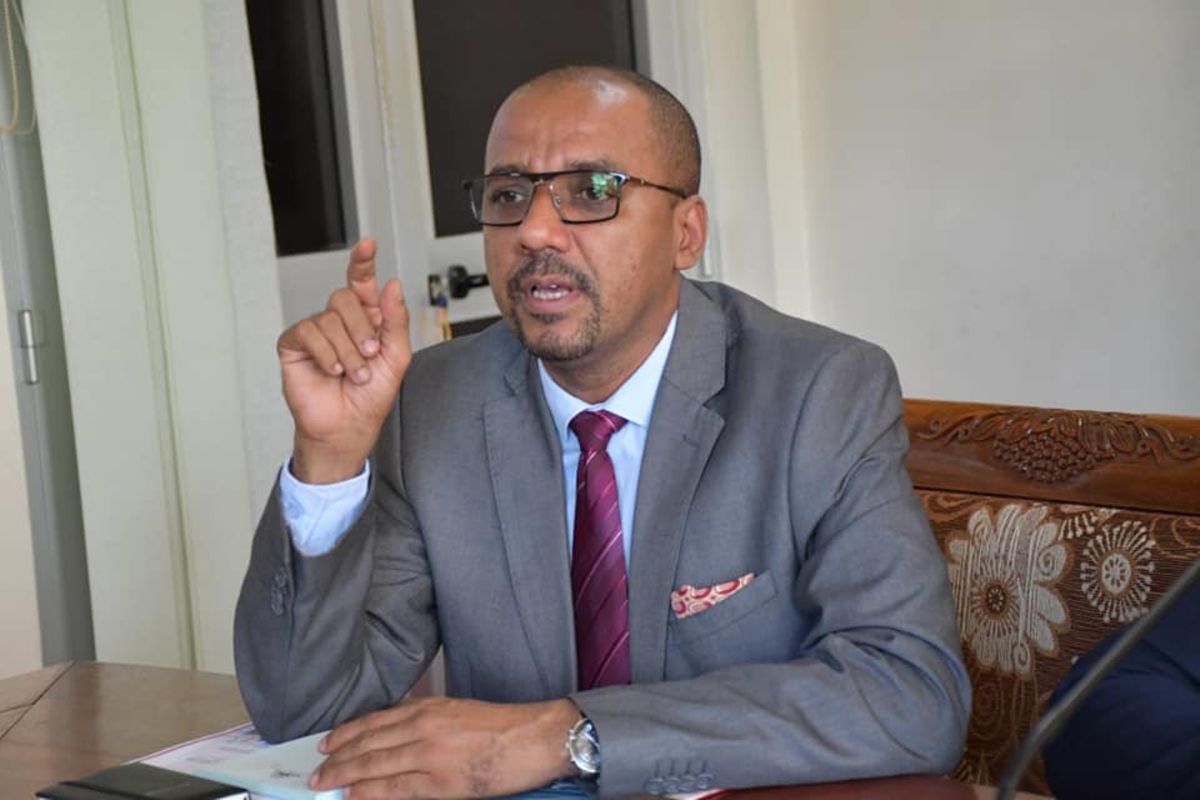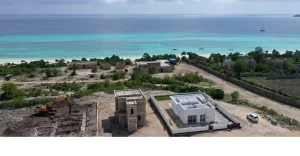
By Lilian Makau
As we celebrate this year’s International Women’s Day theme ‘Accelerating Action’ Standard Chartered Tanzania continues to bolster its position as an organisation that values the contribution made by women across our society.
Standard Chartered has always been at the forefront of empowering Tanzanian women towards realising their leadership and prospects potential through offering them opportunities across different levels in the organization. With Women representing over 50% of the total workforce, holding 50% of independent board membership and comprising 31% of the C-suite, these figures underscore the organization’s strong commitment to valuing and advancing women’s contributions at every level in our business and in the country’s financial sector.
Our global commitment to women empowerment is set to come to fruition in May this year when our independent Non-Executive director Maria Ramos assumes her position as Group Chair, replacing Dr. José Vinals who is retiring from the board. Ms. Ramos’ appointment is a testament of our ongoing commitment to establish a cohort of women leaders that have a strong influence on the future of our bank.
Implementation of our strong gender equality culture has been the main driver towards this milestone. This has been complimented by a robust talent management strategy that prioritises professional development amongst our female staff.
We are proud partners of the Female Future Program, an initiative by the Association of Tanzania Employers (ATE) that is grooming upcoming generations of female business leaders. The program was introduced in 2015 with the aim of strengthening gender equality in the workplace, improving women’s representation in decision making and drawing women to key positions in both the public and private sector. Since its inception, Standard Chartered has supported over 22 women through this partnership, including seven individuals in 2025. All these participants harbour the capability to challenge the status quo within their respective organisations, influence change and inspire their peers to scale new career heights.
Additionally, all the executive talent development programs and trainings must have 50:50 representation reinforcing our commitment to providing equal opportunities for talent to develop, advance and excel. Our Fair Pay Charter further ensures that there is equal pay for work of equal value for our men and women in the same hierarchy and business level. It is with this standard that we strive to ensure that the gender pay gap is reduced by proactively correcting any pay differences that arise over time.
In addition to the above, support for our female colleagues goes beyond training and development and extends to supporting them with access to comprehensive medical and social support for menopause, endometriosis and other complex health issues that may arise. At Standard Chartered Bank, every woman has the fundamental right to dignity & Well-being. in addition to targeted programs responding to women’s health needs, we also provide access to free sanitary products, ensuring comfort, accessibility, and respect for all female employees. We foster an inclusive environment where every woman is empowered to be her authentic self, supported b y a strong network of resources and care.
Our parental leave benefits of 150 days of maternity leave gives new mothers ample time to raise their families without worrying about job security. Additionally, returning mothers have access to a fully equipped lactation room and two hours of lactation breaks each day until the child is 11 months. Combined with flexible working arrangements, this support enables women to pursue both their careers and family aspirations without compromise.
Our GOAL project which is part of our Futuremakers initiative is also helping teenage girls from low-income communities to learn new skills and improve their chances of securing employment or starting a business.
Gender equality transforms the trajectory of organisations, increases innovation and boosts company morale – the perfect blueprint for higher profitability. As we celebrate International Women’s Day, let us strive to break down the barriers that prevent women from maximising their full potential and highlight the benefits that come with it.
Lilian Makau is the Head Human Resources Standard Chartered Bank Tanzania














